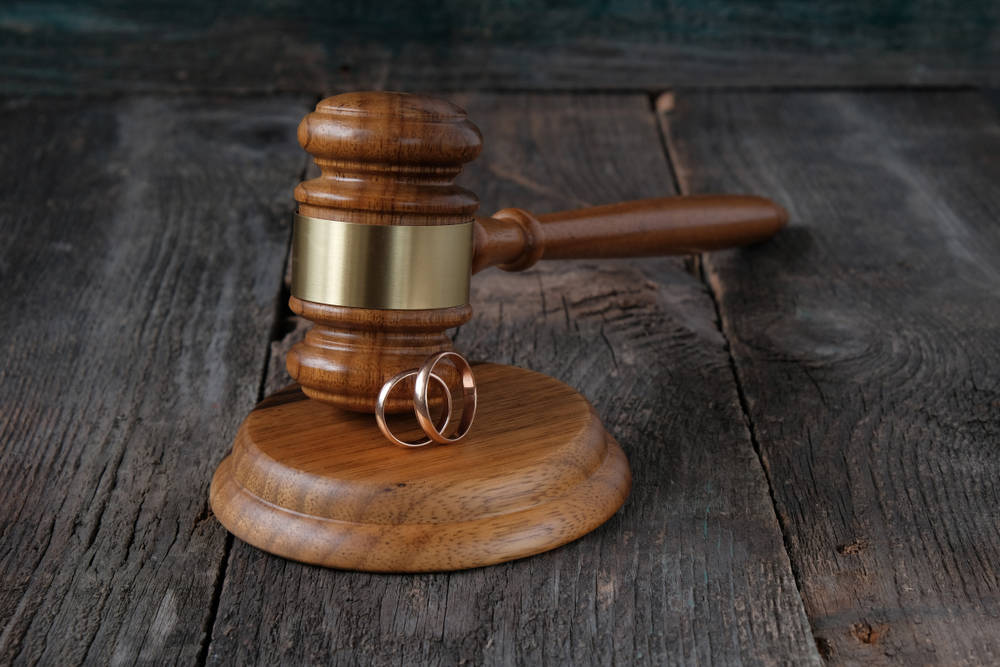Certain state limits on campaign contributions violate the First Amendment, according to an opinion from a three-judge panel for the U.S. Court of Appeals for the Ninth Circuit.
In a 2-1 opinion filed Friday, the panel struck down the state’s $500 contribution limit for individuals to candidates and a $500 contribution limit for individuals to election-related groups, reversing previous decisions. The panel also affirmed an earlier decision against the limit barring candidates from accepting more than $3,000 per year from people who aren’t Alaska residents and upheld the state’s $5,000 limit on the amount a political party can contribute to a municipal candidate.
The limits came to be after the 2006 passage of a ballot measure, which came on the heels of the VECO corruption scandal. The scandal, which resulted in multiple people charged and convicted following a federal corruption probe, was referenced multiple times in the panel’s opinion.
Circuit Judge Consuelo Callahan wrote in the majority opinion that when government restricts speech, it bears the burden of proving the constitutionality of its actions, citing the Supreme Court ruling in McCutcheon v. FEC.
Callahan wrote advantages enjoyed by incumbents, chiefly name recognition, and the cost of campaigning in Alaska raises the question of whether the individual-to-candidate limit establishes too low of a ceiling.
“On top of its danger signs, the limit significantly restricts the amount of funds available to challengers to run competitively against incumbents, and the already-low limit is not indexed for inflation,” Callahan wrote. “Moreover, Alaska has not established a special justification for such a low limit.”
Callahan wrote that similarly the state did not meet the burden of showing the $500 individual-to-group limit is closely drawn to restrict contributors from getting around the individual-to-candidate limit.
“Like the individual-to-candidate limit, it was not adjusted for inflation, and it was lower than limits in other states,” Callahan wrote. “In any event, the panel found that because the statute was poorly tailored to the Government’s interest in preventing circumvention of the base limits, it impermissibly restricted participation in the political process.”
In a dissenting opinion, Chief Judge Sydney R. Thomas wrote: “The record does not suggest that the $500 limit significantly restricts the amount of funding available for challengers to run competitive campaigns; and the record indicates that corruption (or its appearance) is significantly more serious a problem in Alaska than elsewhere. Moreover, I remain persuaded that the nonresident aggregate contribution limit, which furthers Alaska’s important state interests in preventing quid pro quo corruption or its appearance and in preserving self-governance, does not violate the First Amendment either.”
In the suit, several state officials with the Alaska Public Offices Commission were named as defendants in their capacity as members of APOC.
A message sent to the state Department of Administration, which oversees APOC, seeking comment was not immediately returned.
Read the full opinion below:
• Contact Ben Hohenstatt at (907)308-4895 or bhohenstatt@juneauempire.com. Follow him on Twitter at @BenHohenstatt

